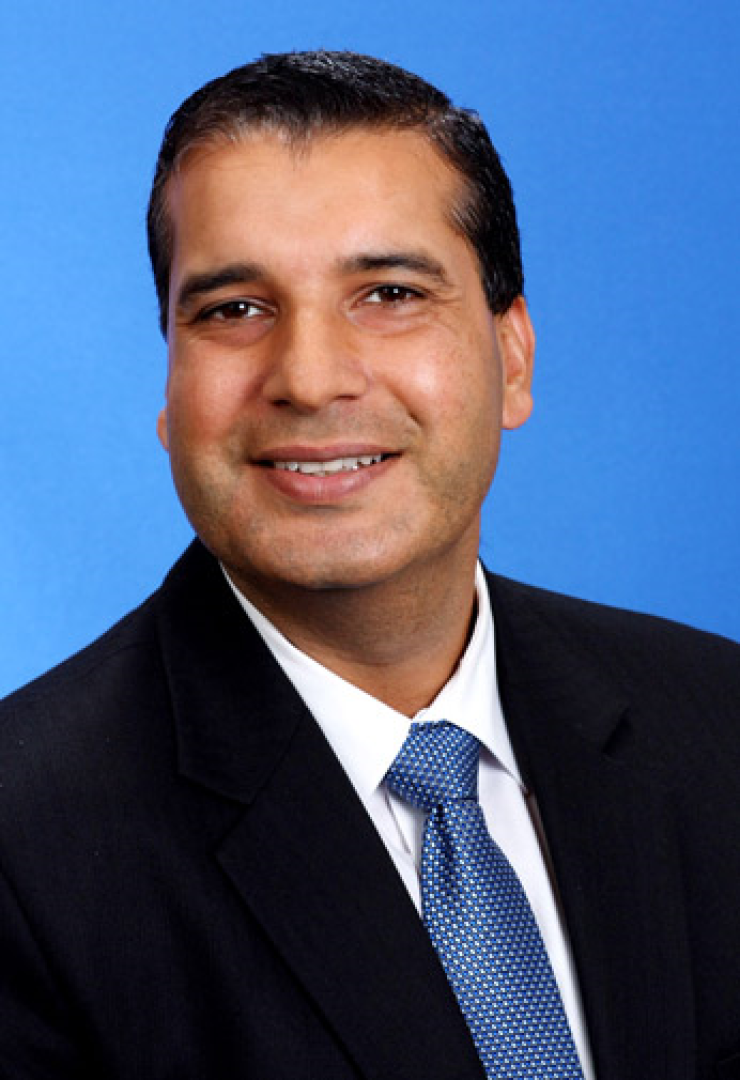With paper receipts and invoices still a key part of any business, accounts receivable and accounts payable is one area that hasn’t been lavished with digital innovation attention.
But in their efforts to provide more
“This is an age-old problem for clients,” said Manish Kohli, global head of payments and receivables for Citigroup’s Treasury and Trade Solutions division. “They are using typically old solutions," and employees "spend a lot of time matching payments with invoices.”
Last week, the division announced it would partner with a fintech company called HighRadius on a new cloud-based integrated receivables platform for commercial clients called Citi Smart Match.

The service will utilize HighRadius’ artificial intelligence and machine learning technology to increase the efficiency and automation of the cash application process of matching open invoices to payments received for its corporate clients, said Kohli.
He said the technology can enhance commercial clients’ straight-through-reconciliation rates by bringing together disparate pieces of payment data and applying AI-enabled business logic to match payments received with expected receipts more efficiently.
“This is a pain point for every single client of ours that’s in the business of selling goods or services,” Kohli said. The new platform “helps reduce the amount of manual input they need to do, which also helps reduce errors. The AI and machine-learning capabilities can achieve a very high match rate in an automated manner.”
Kohli said the platform has a slicker digital interface for these clients, the type they have come to expect in other areas of banking. “It gives them more of a 21st-century experience,” he said.
The new product follows a strategic investment made by
“Our partnership with HighRadius demonstrates our continued engagement with fintechs and the commitment to being the best for our clients,” he said.
Meanwhile, HighRadius continues to make strides partnering with banks seeking to
Other bank-fintech partnerships in this space include KeyCorp’s investment in AvidXchange, a Charlotte, N.C., company whose software digitizes
Citi launched another new product last week called Payment Insights, which aims to provide institutional clients with real-time payments visibility.
According to Kohli, the platform provides clients with a complete view of the transaction life cycle within Citi’s global network, as well as across the correspondent banking ecosystem by integrating with the
Investing in new innovative digital services for accounts receivable and accounts payable processes can be crucial for banks when it comes to winning commercial clients, said Ian Benton, a senior digital banking and payments analyst with Javelin Strategy & Research.
These investments made by banks such as Citi, Bank of America and Key “are indicative of a broader need to innovate in this space,” Benton said. “The treasury management divisions at banks are being pressured by the fact that some fintechs are beginning to sell directly to corporate customers. The pressure to innovate for corporate clients has increased and banks have been comparatively slow in this area.”
Banks’ business customers can gain value from more digital services in both account functions so their employees don’t have to be bogged down with manually reviewing so many reconciliations, Benton said.
“Using technology to make automated decisions allows accounts receivable and accounts payable employees to be freed to make higher-level decisions rather than performing more administrative tasks,” he said.





